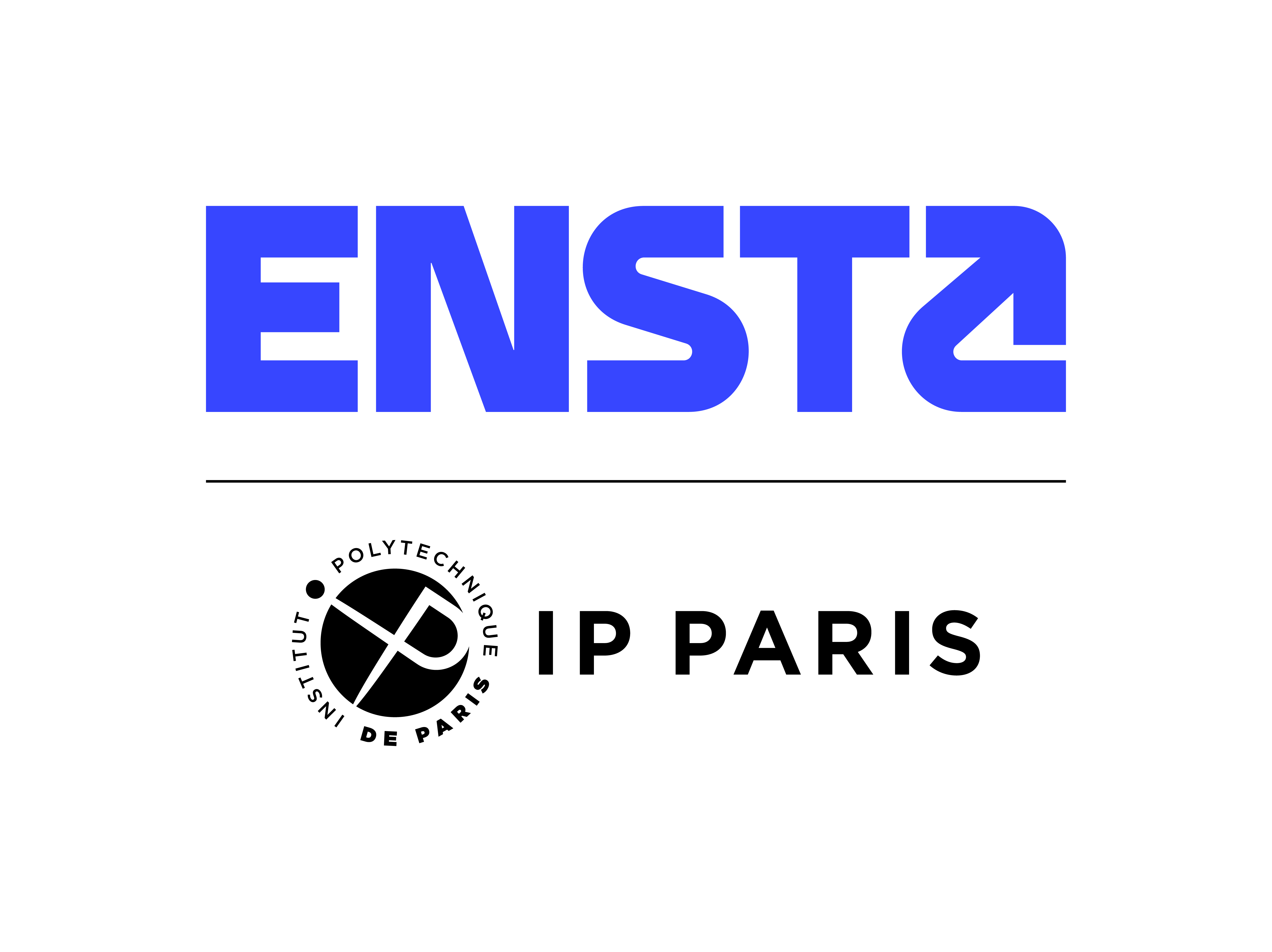The registration entitles you to the following services:
- The rental of books, journals, DVDs, etc.
- The reader account: essential for viewing current rentals, extending and reserving documents. The password must be requested from the library.
- Suggested purchases: as a library user, you can make purchase suggestions at any time for resources (books, journals, DVDs, etc.). A purchase suggestion book is also available at the library reception.
- Interlibrary loan (ILL) allows all users to obtain, from another library, a document that is not part of our collection
Documentary research is done via the Discovery Tool FOCUS (ENSTA Paris view) or the ENSTA Paris catalogue. If you cannot find the document(s) you are looking for, you have the option of extending your search to all documentary units of the University of Paris Saclay via FOCUS (Paris Saclay view). If your search is unsuccessful in these catalogues, it is possible to go to documentation@ensta-paris.fr. ILL also enables lending our documents to other libraries.
Free for establishments practicing reciprocal free access, it is chargeable for other establishments (€10 for books for a rental period of 3 weeks; €7 for a photocopy of an article of up to 20 pages and €10 if bigger in size).
Access to the Institut Polytechnique de Paris libraries and partner establishments
Every member of ENSTA Paris has access to all the libraries of the Institut Polytechnique de Paris and partner institutions.
For the rental conditions and access to other libraries at the University of Paris Saclay, you should contact the libraries concerned directly.
Documentary research assistance
An efficient, exhaustive documentary search requires an efficient methodology.
A research methodology, which these sites offer you:
- USPC documentary research: site published by Sorbonne Paris Cité University, providing 20 self-study modules in documentary research to all.
- ABCDoc: produced by the team of the Structure Universitaire de Pédagogie of the University Paul Sabatier Toulouse 3, this methodological guide for research and the processing of scientific and technical information covers all the stages of the information research and processing.
- FORMADOC: information and documentation training for doctoral students, but useful to all, provided by the Loire Bretagne University
- CERISE: (counselling for students in effectively searching for information): training guide offered by the Urfist in Paris
- SAPRISTI: (access trails and research tracks for scientific and technical information on the internet): directory of free and open-access resources, published by the Marie Curie Library, offering among other things a documentary research methodology (link is external)
- Assistance to students in searching for scientific information: very comprehensive site in 4 parts (Tools, Courses, Exercises, Support). Also refer to the "Understanding the Internet" section (History, Format, Deep Web, etc.)
- INFOSPHERE: this site, produced by the library service of the University of Quebec in Montreal, offers a tutorial whose objective is to develop the necessary bases for the student in terms of information research
For an effective documentary research, it is important to know and master the research tools.
To do this, your library provides you with the user guide for its online research tool "FOCUS"
Promotion of collections
- Focus on the library on...
- The archives of “Focus on...
- The season of prizes
- Festivals of 2019
- Halloween 2019
- Summer 2019
- New year festivals of 2018
Workspaces
The library provides its users with various spaces allowing them to consult books, to work alone or in groups, to relax or to copy documents.
The different spaces are as follows:
- Group workspace: 4 rooms for collaborative work. The rooms are primarily accessible to people who make a reservation directly at the library reception, by phone (at 01.81.87.19.48) or via Synapses.
- Individual work and reading space
- Relaxation area
- Press area
- Computer area
- Reprography area (to print, photocopy, scan, send documents by email). To access these functions (except printing), keep your photocopy card with you.


